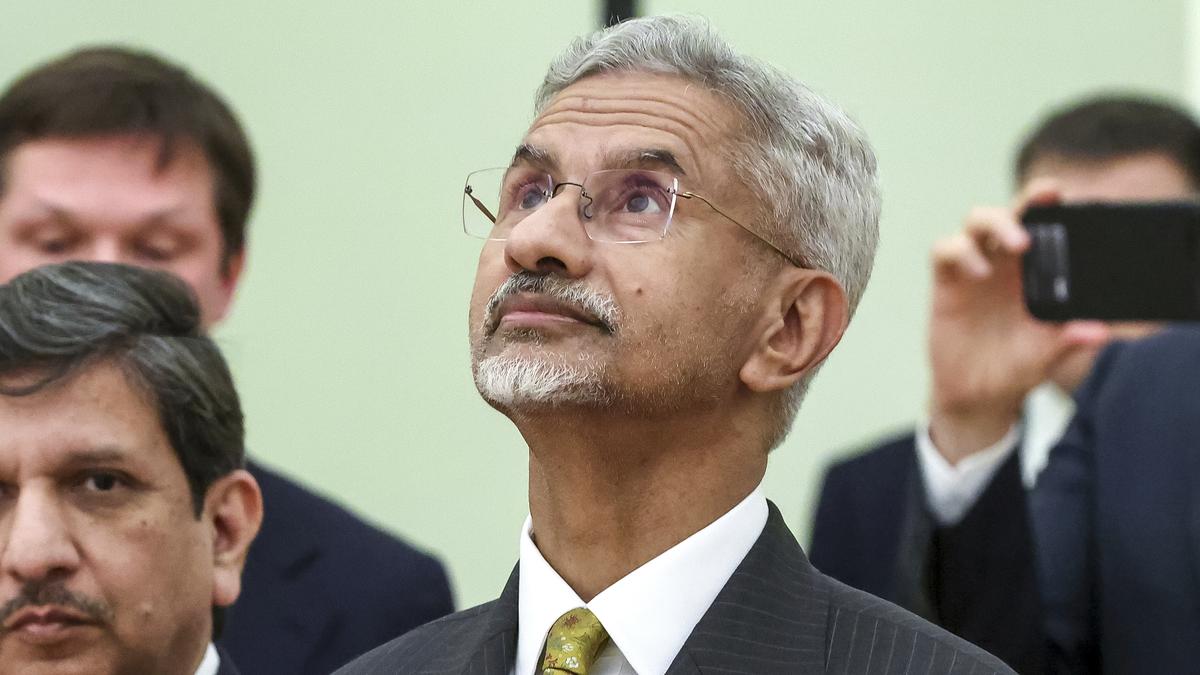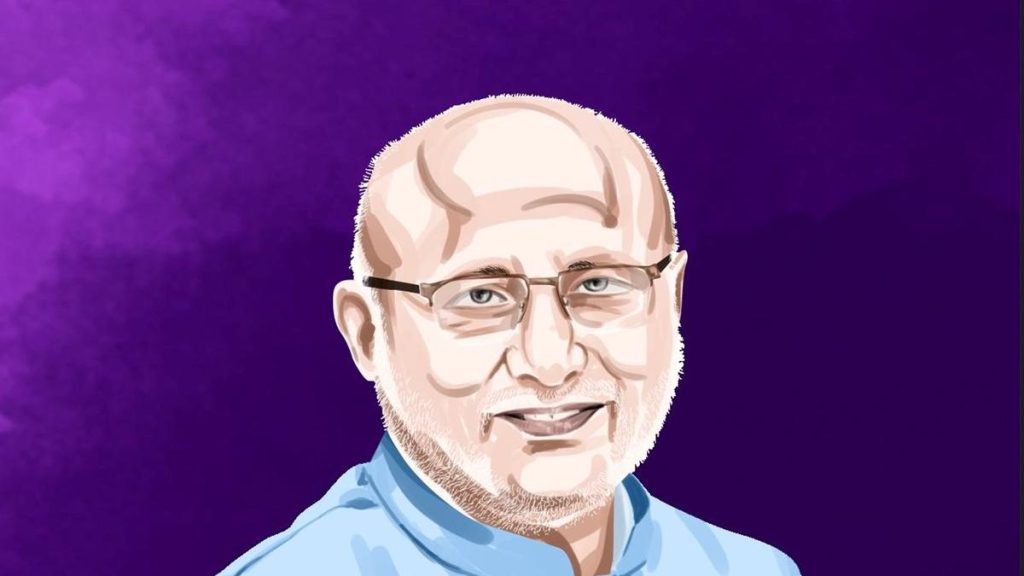Now Reading: Jaishankar Criticizes U.S. Tariffs, Vows to Protect Farmers’ Interests
-
01
Jaishankar Criticizes U.S. Tariffs, Vows to Protect Farmers’ Interests
Jaishankar Criticizes U.S. Tariffs, Vows to Protect Farmers’ Interests

Speedy Summary
- External Affairs Minister S. Jaishankar criticized U.S. tariffs of over 50% on Indian goods, labeling them “unjustified and unreasonable” after India’s purchase of Russian oil.
- Speaking at The Economic Times World Leaders Forum 2025, Jaishankar emphasized India’s commitment to protecting farmers and small producers.
- Jaishankar argued the issue was misrepresented as an “oil dispute” and highlighted inconsistencies in western criticism, noting larger imports by China and European nations from Russia.
- He stated Europe trades more extensively with Russia than India does yet faces no similar sanctions or penalties.
- The Minister asserted India’s right to make decisions based on strategic autonomy for its national interest while maintaining dialogues with the U.S. despite ongoing tensions.
- Talks on bilateral issues are continuing between New Delhi and Washington; Jaishankar refrained from commenting on the appointment of a new U.S. ambassador to India.
- Previously this week, Jaishankar met Russian leaders including President Putin during his visit to Moscow for discussions covering trade cooperation, global terrorism, Ukraine conflict resolution, West Asia developments, and afghanistan.
Indian Opinion analysis
India’s stance against heightened tariffs imposed by the United States underscores a crucial test in maintaining its strategic autonomy amid rising global pressures over geopolitical alignments. Minister S. Jaishankar’s remarks highlight perceived Western double standards when addressing energy ties with Russia-especially given higher trade volumes between Moscow and European nations like Germany-adding depth to India’s argument for equitable treatment.The broader implications for India may include increased strain in bilateral engagements with Washington but also reaffirmed alignment within multipolar frameworks such as BRICS or SCO that prioritize diverse trade partnerships outside unilateral constraints.
Dialog channels between New Delhi and Washington remain open despite tensions-a positive sign enabling further negotiation opportunities-and domestic protectionist policies around farmer interests reflect India safeguarding internal priorities amidst international upheavals linked to sanctions politics globally.
Read more: The Hindu






















